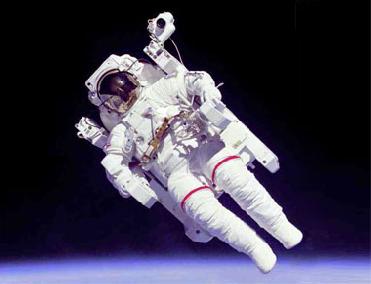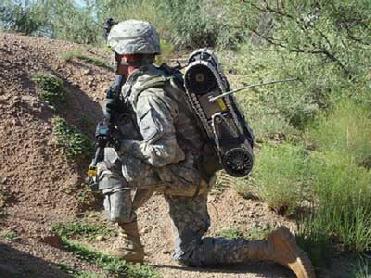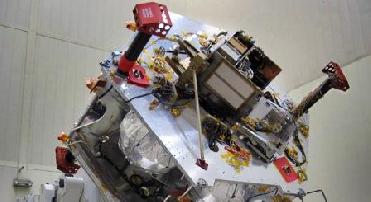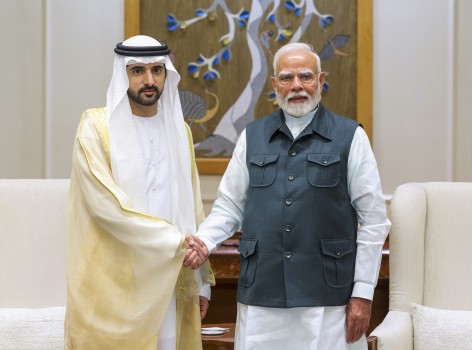
ISRO aims to send two Indians to space in future.
SRIHARIKOTA (PTI): An unmanned test crew module will be put into orbit by space agency ISRO in 2013 as a prelude to India�s maiden manned mission to send two Indians into space.
A third launch pad, at a cost of Rs.1,000 crore, is proposed to be built at Sriharikota in Andhra Pradesh where the rocket that will take the Indian astronauts into space will be assembled and blast off, the Indian Space Research Organisation said on Monday.
ISRO Chairman K Radhakrishnan said the space agency plans to launch the first test unmanned mission with an unmanned capsule on PSLV, which will be put into orbit and recovered soon after the mission.
Talking to reporters here after the successful launch of India�s remote sensing satellite Cartosat-2B and four other satellites by the PSLV rocket, the space agency chief said that in the next three months, ISRO will launch GSLV-F06 which will carry a communication satellite, and PSLV-C16 with a remote sensing satellite on board.
ISRO has prepared a road map with an initial plan to put two humans in orbit around Earth, keep them there for seven days and bring them back safely, Radhakrishnan said.
Radhakrishnan said all new elements for the unmanned launch have been designed. �We have gone to system concept reviews. The first level of definitions and specifications has been drawn up,� he said.
�We need to have the orbital vehicle, namely the capsule and its design and then develop the environmental control and life support system, which will be followed by crew escape system that will be very vital in case of mission abort,� he said.
These modules would be evaluated by launch of PSLV unmanned mission, he said, adding it would give them confidence, help evaluate the total system for its survival in the space environment on how the entire system behaves.
To a question on whether ISRO had set a timeframe for the manned mission, he said, �I don't want to commit the date unless we start the programme.�
Radhakrishnan said scientists would work on the crew model, which would have an environmental control life support system.
�We are also working out a very high reliability vehicle, capable of putting crew module with an adequate number of persons,� he said.
Dattan, Director of SDSC said a proposal has been given to the government for approval to set up a third launch pad at a cost of Rs 1,000 crore.
�Preliminary design of the third launch pad is now going on with various experts. Location of the launch pad has also been finalised taking into account the safety measures,� he said.
�Once approval is obtained, the third launch pad and other infrastructure activities for the manned mission will come up, costing more than Rs 1,000 crore,� he added.
�We also propose to set up one more vertical assembly building, similar to what we have it now. This would be capable of assembling existing and forthcoming advance vehicles,� he said.
Dattan said the programme has already been initiated and would be started once government accords approval.
 Previous Article
Previous Article Next Article
Next Article












The Indian Air Force, in its flight trials evaluation report submitted before the Defence Ministry l..
view articleAn insight into the Medium Multi-Role Combat Aircraft competition...
view articleSky enthusiasts can now spot the International Space Station (ISS) commanded by Indian-American astr..
view article